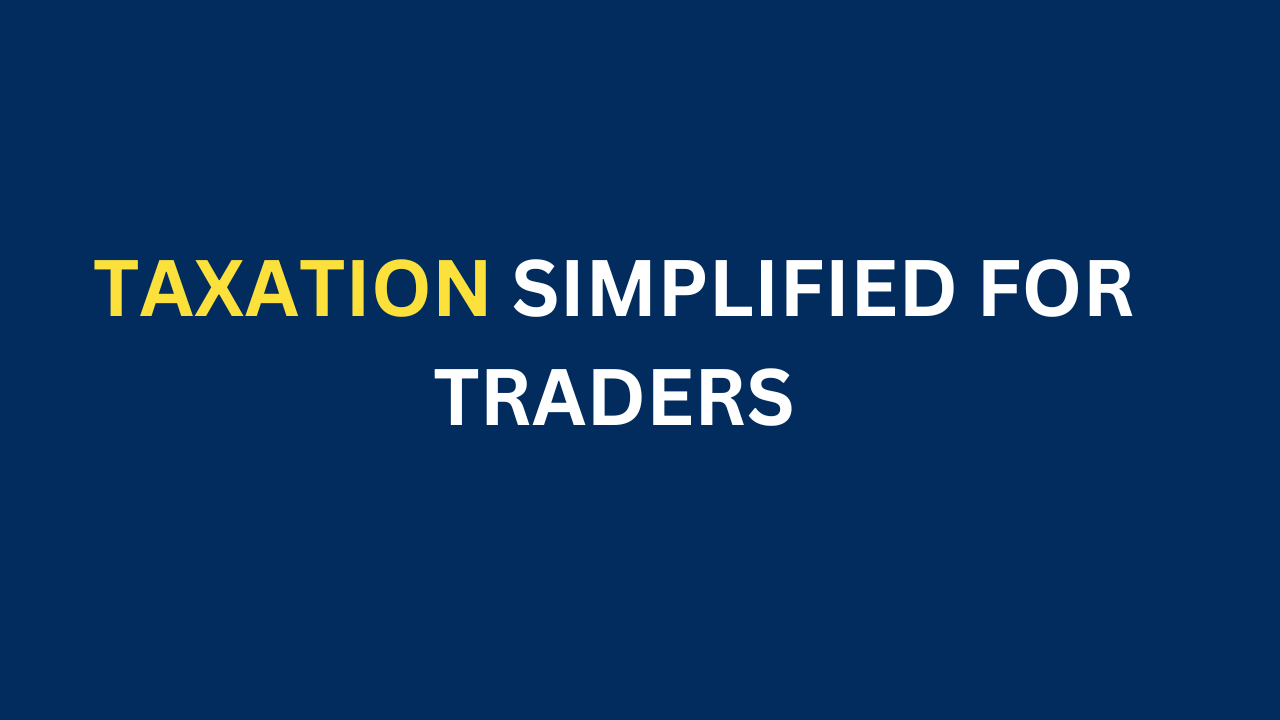Latest news & updates from us

Taxation in leu of gains from trading or investing in shares is somewhat complex. SAS Online has made an attempt to simplify it for the taxpayers. Before you can figure out how much to shell off as the tax you must first decide whether you are a trader or an investor.
Trader or Investor
If you buy stocks with an intention to earn from dividends then you are an investor. A trader buys stocks to profit from price rises.
Long-Term &Short-Term Gain
If a listed security is held for less than 12 months and then sold, the consequent gain/loss is considered to be short-term capital gain/loss. If the holding period is above 12 months, long-term capital gain/loss arises.
Speculative and Business Income
Intra-day trading or same day buying and selling of any share is interpreted as speculation income.It involves no actual deliveries of stocks. Trader can gain or lose. Loss can only be offset against speculative gains.
Income from trading F&O(futures and options), intraday as also overnight, on all the exchanges is considered as non-speculative business income.
How to Calculate Turnover
Turnover refers to the profits and losses that are incurred after the settlement of the trading account. In a financial year, if your turnover is over Rs.1 crore, then your books of accounts mandatorily have to be audited
.png) Audit Requirements
Audit Requirements
An audit is mandatory if you have business income and the yearly business turnover crosses Rs. 1 crore. For digital transactions, this limit is Rs 2 crores. All equity transactions are digital. For equity traders, an audit is mandatory(sec 44AD)where turnover is below Rs.2 crores but profits are lower than 6% of the turnover and total income exceeds minimum exemption limit.
ITR Forms
If you are a salaried employee trading in stocks, the form you use for filing income tax returns will depend upon the instrument, frequency and volume of trade.
There are 2 options
An individual who takes delivery of all the stocks can fill ITR-2 where he can show the gains and losses made. ITR-4 filing is mandatory for those who trade in the F&O segment (you can do trading via SOSOnline platform).
Taxation, Carry Forward and Set Off
For an investor, only the profit resulting from a securities sale is taxable in his hands. A tax rate of 15% applies on short-term gains on which Securities Transaction Tax (STT) has been charged.
Long-term gains are taxed @10%. The IT Act does not allow for the deduction of STT while calculating gains in the hands of an investor.
For a trader, income from the transaction of securities is taxable as business income. He can claim the deduction for expenses (including trading expenses, the internet, phone, advisory fee etc) incurred relates to the trading activities provided these have documentary evidence. Both speculative and non-speculative business income must be added to your total income including salary, other business income, bank interest, rental income, etc.Taxes will be paid as per your tax slab.
Loss from F&O can be set off against income except salary else can be carried forward for 8 years. Loss from intraday equity trading can’t be offset against any other income but can be carried forward for next 4 years and offset against speculative gains.
Let’s know how we can help you in this. Drop your comment in below comment box and we will get back to you soon.
Unlock Stocko's Video Vault: Podcasts, Analysis & Tips Inside!
11 October 2024
Stocko New Features Alert! Coming soon!
26 September 2024
SAS Online is Now Stocko !
21 September 2024

Simply fill the details, connect your bank account & upload your documents.
Open An AccountYou will be redirected in a few seconds.
Devender Singh
Id. DS386
Dob. 22/09/1980
M Thangavel Pan ACYPT9215A id MT123 Dob 12/04/1953
Ramdev jain
Praveen Kumar Konduru
Please send the statement to my maild ID in PDF.
RAJA RAO KOLLIPARA
LONG TERM CAPITAL GAINS
SHORT TERM CAPITAL GAINS
DIVIDEND INCOME
OTHER REQUIRED DETAILS FOR FILING IT RETURN